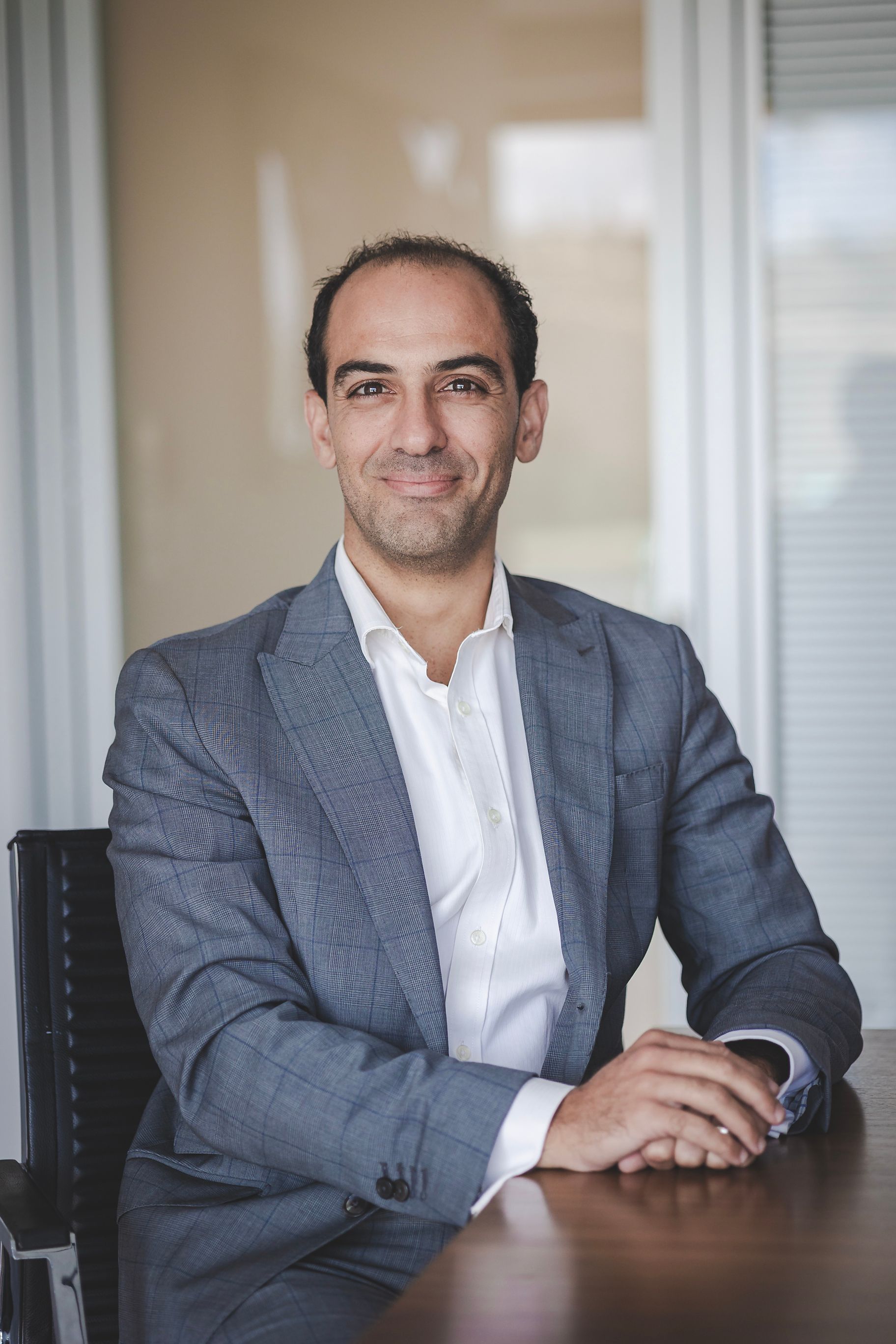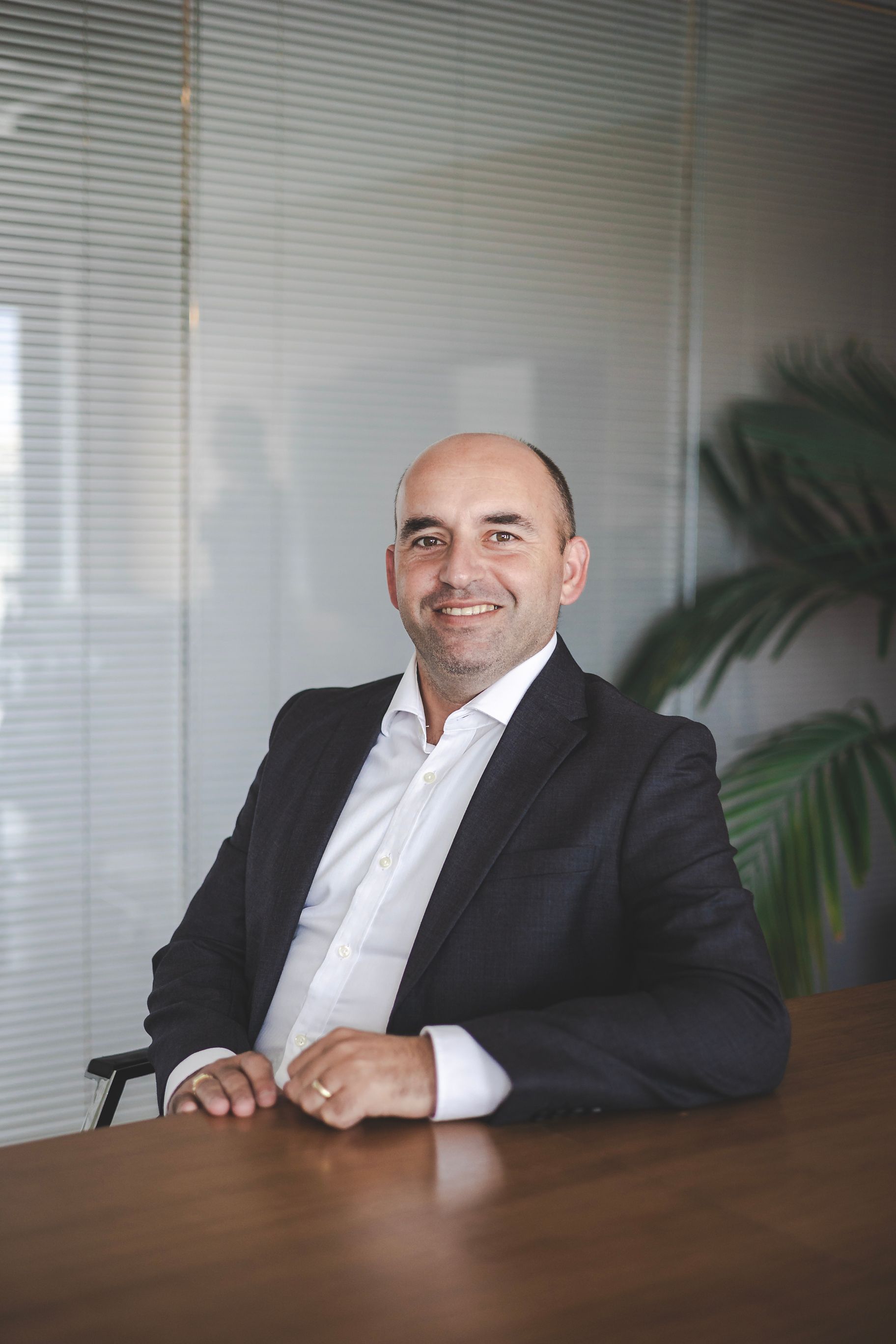The age-old Maltese saying claims that a ship with two captains, cannot ever go a long way, as it will likely result in the two leaders running the vessel aground. Audit, tax and advisory giant KPMG however, has managed to subvert this reasoning, with a tried and tested formula which has proven to be successful over the years.
In fact, the big four firm prefers to have two high-powered individuals at the helm of the Audit Function, who complement each other perfectly, and hence bring more to the table.
“Working together is a very strong value at KPMG,” say Thomas Galea and Claude Ellul, who, with effect from 1st October, have taken the lead of the audit arm of the firm. “It is a principle which is drilled in every team member from day one, working within a team, for a common objective. Hence, we grow to appreciate collaboration at every level and every moment of our working life.”
“One can never have the entire jigsaw puzzle of elements required to run an ever-developing and dynamic function such as audit. That is how we build and understand our own, and each other’s strengths, often developing powerful tandems that rely on each other for support, advice and most importantly specialised expertise,” Thomas and Claude add.

Thomas Galea, Head of Audit (Operations)
Thomas is set to focus on the daily operations of the function, while Claude will be responsible for quality assurance, with both being responsible for business development and providing direction to a team of over 200.
Looking ahead towards how the world of audit is expected to continue changing in the near future, ESG (Environmental, Social and Governance), is expected to affect the reporting environment for corporate clients and the audit profession significantly.
“EU directives set to come into force in 2024, are expected to place a greater onus on companies to prove their ESG-related statements. This in turn will require auditors to broaden their scope, in assuring statements about sustainability, gender equality and opportunity, provenance of raw materials and several other elements that spread across the entire eco-system of any company,” Claude explains.
Thomas notes how ESG has so far been a bit of a new and uncharted realm for everyone. “The field has been developing rapidly, as more people understand the importance of having a sound structure that guarantees values of an environmental, social and governance nature. This has also meant that as audit professionals, we have to widen our understanding beyond numbers and the traditional metrics, to provide meaningful assurance about new areas of operation. The profession has developed by leaps and bounds over the past 20 years, as expectations have changed considerably, and responsibilities have also increased,” Thomas notes.
Asked about their business plan for the function, both Thomas and Claude agree that human resources continue to lie front and centre, with a special emphasis on retention.
“Team members are not parts of an engine, and hence they cannot be replaced as easily,” remarks Thomas. “A great deal of effort and investment goes into training and honing skill sets to compliment each other for the ultimate benefit of the end client. Hence it is only natural that it is in everyone’s interest that our employees are motivated and happy working within a positive environment.”
Claude continues to explain how a healthy feedback loop guarantees that there would be no surprises or misunderstandings between colleagues. “This simple value has proven to keep a higher level of retention of employees, with many team members such as Claude and Thomas themselves, ranking their way up within the firm. Furthermore, since the organisation is constantly growing, recruitment also plays a central role in ensuring the right resources to cater for the ever-increasing, ever-developing operation.
“Once we ensure a positive atmosphere within the teams, recruitment becomes a slightly easier task. One cannot fake a genuinely positive environment, as new joiners would pick on any animosities immediately. That is how training new recruits is facilitated by existing team members, who are our best ambassadors,” Thomas continues.
KPMG invests a great deal in its people, ensuring a continuous feedback loop between management and staff. Informal breakfast meetings during which employees are encouraged to express themselves about any subject, provide a perfect platform for open discussion.
“We also run people surveys every year, to ensure that everyone has the opportunity to express themselves, even anonymously, while the findings are always made public to staff members, closing the loop effectively,” Claude adds.
With emerging technologies such as AI, the audit profession is expected to continue developing as more menial tasks will be entrusted to technology, while employees will be expected to carry out more value added jobs.
“AI is expected to continue disrupting every aspect of any workplace, and our profession is no exception. It is a generational change that we must understand and embrace. Like with the case of ESG, tech will bring about significant change, expecting more from our auditors, as their required skill sets will continue to grow and specialise. Technology will give us unimaginable possibilities to go places we couldn’t dream of, as our profession continues to evolve at an even higher pace than before,” Claude predicts.

Claude Ellul Head of Audit
“We are at a point where our workplaces are on an exponential trajectory of change and it is thus critical that our educational systems keep up with the pace of change as otherwise the profession risks having gaps between the skills required and those actually available. This is a reality that must be given due importance as soon as possible,” Thomas concludes.


